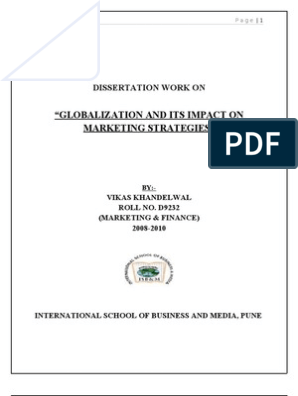0% found this document useful (0 votes)
488 views22 pagesConcept of Globalization - Contemporary Arts
Globalization refers to the increased interconnectedness between countries through fast flows of goods, services, finance, people and ideas across international borders. It is driven by advances in technology and policy changes that promote global integration. While proponents argue it increases economic growth and development, critics say it undermines national policies, cultures and labor markets. The future of globalization will depend on factors like protectionism, infrastructure and the ability of institutions to respond to issues like climate change and human rights.
Uploaded by
EdrickLouise DimayugaCopyright
© © All Rights Reserved
We take content rights seriously. If you suspect this is your content, claim it here.
Available Formats
Download as PDF, TXT or read online on Scribd
0% found this document useful (0 votes)
488 views22 pagesConcept of Globalization - Contemporary Arts
Globalization refers to the increased interconnectedness between countries through fast flows of goods, services, finance, people and ideas across international borders. It is driven by advances in technology and policy changes that promote global integration. While proponents argue it increases economic growth and development, critics say it undermines national policies, cultures and labor markets. The future of globalization will depend on factors like protectionism, infrastructure and the ability of institutions to respond to issues like climate change and human rights.
Uploaded by
EdrickLouise DimayugaCopyright
© © All Rights Reserved
We take content rights seriously. If you suspect this is your content, claim it here.
Available Formats
Download as PDF, TXT or read online on Scribd
/ 22






























































































